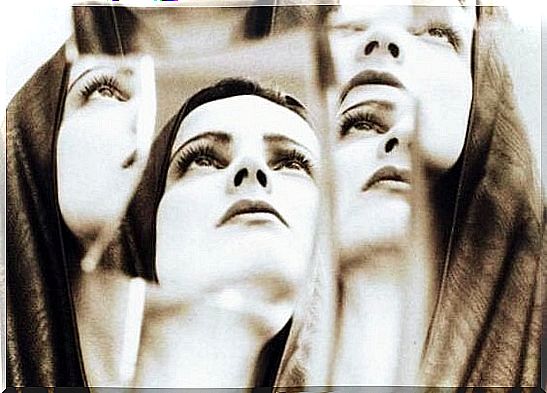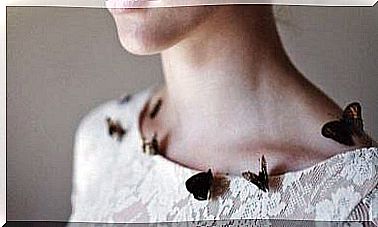Fortunata Syndrome: Addiction To Forbidden Love

The Fortunata Syndrome comes from a short story by Benito Pérez Galdós entitled Fortunata and Jacinta . It was written in the 19th century and was also filmed in the 70s. The characters in the short story have a certain psychological depth, and they have therefore been used to describe phenomena in romantic relationships.
The short story is about a stormy relationship between a man named Juanito Santa Cruz and two women: Jacinta and Fortunata. The first woman is his wife and the second his mistress. Fortunata first becomes a prostitute and then marries Maximiliano. However, the relationship between Fortunata and her lover continues, and it ends with her having two children with him.
The most interesting thing about the short story is not the plot itself, but the psychological significance of each character in the story. Fortunata represents women who have a tendency to have relationships with married men. People who behave like her are therefore said to have what is known as Fortuna Syndrome.
Fortunata syndrome should not be seen as a disease or illness. It is rather an unusual condition that mostly affects women. These women feel more attracted to men who are already married.

The main symptoms of fortuna syndrome are the following:
- Very strong and deep feelings for married men.
- An inability to feel attracted to other men.
- Willing to do anything for the man she loves.
- Convinced that life has no meaning without him.
- Feels that she has a “right” to be with him, and that he should choose her instead of other women.
- A desire to have children with the man.
- Emotions towards the husband’s wife may vary. Sometimes she shows empathy for her wife and sometimes she hates her.
- Constant fantasies involving a future with the man in question.
The woman feels in love with a man who is already in a relationship, but at the same time she feels that it is not a love that she can achieve when the man is already in a relationship.
The first perceived love triangle usually occurs at a very early age. Freud addressed this in his theory, which he called the Oedipus Complex , in which children may feel attracted to one parent and want to take the place of the other parent.

The boy wants to take his father’s place and the girl wants to take his mother’s place. In the latter case, it is called the Electrical Complex instead. The solution simply means accepting reality and avoiding such lusts.
The onset of Fortunata syndrome indicates an unresolved Oedipus or Electra complex. In adult life, the person’s partner will be a reflection of the parent, and the person will project his or her desires and desires from the past on the new relationship.
Unless such a complex is resolved, the adult relationship will not be particularly healthy. The woman will then feel more attracted to married men, who will be a representation of the father. The man’s partner will further be seen as the cause of all her frustration, just like the mother during childhood.
In addition, a woman with Fortunata syndrome exhibits the following behaviors:
- Bad self esteem.
- Difficulty understanding one’s own feelings.
- Emotionally dependent.
- Sees the sacrifice she makes for the man as a sign of love.
- Possesses an idealized love concept.

Women with Fortuna Syndrome want to “win” over the man’s woman. This is an unconscious process that they cannot resist. It mostly ends up that they both suffer and feel frustrated, and in these cases psychotherapy is recommended.









